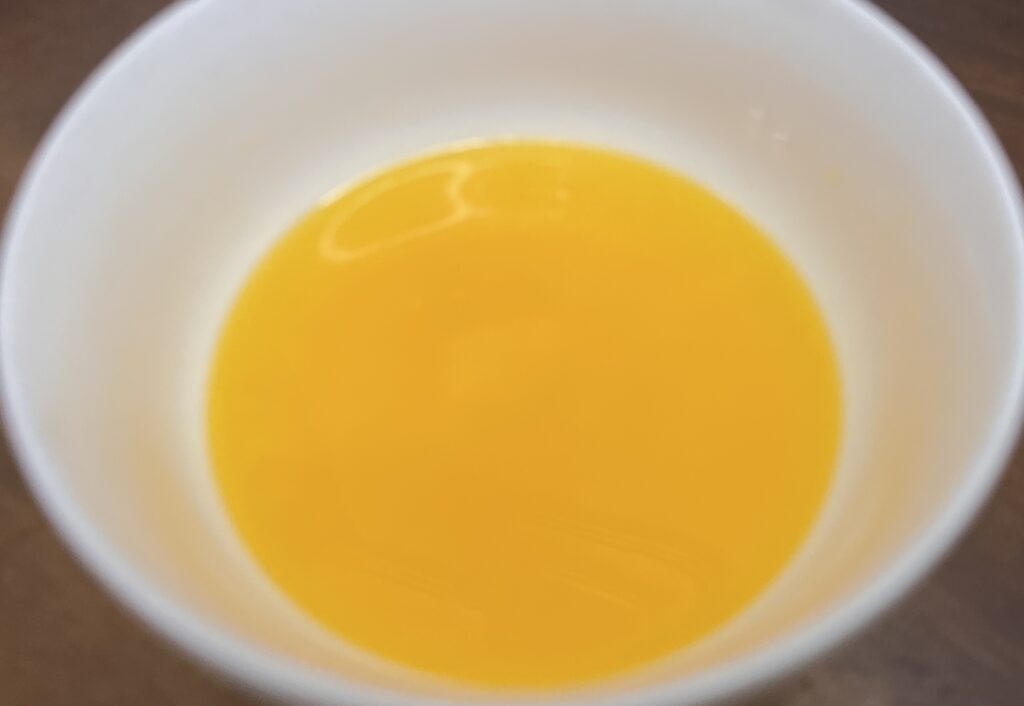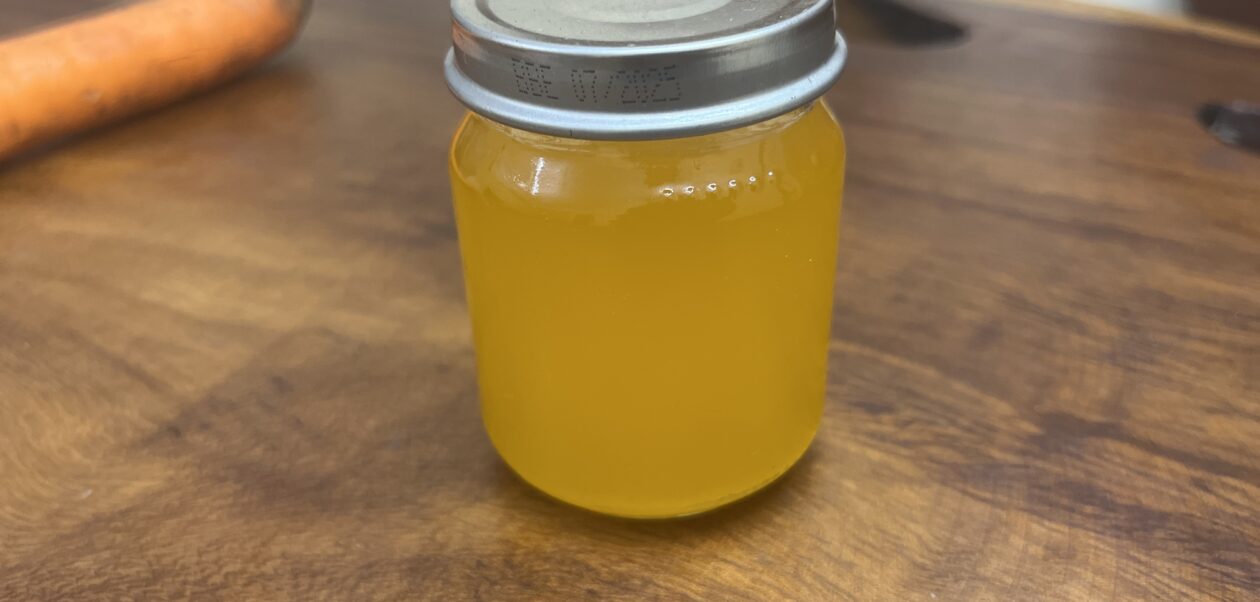Have you ever tried cooking with carrot oil? If not, you’re missing out on a flavorful and nutrient-packed ingredient that enhances both your meals and beauty routine. Carrot oil is perfect for baking, stir-frying, sautéing, and even skincare. Not only does it have a rich, nutty aroma, but it also provides essential nutrients for your hair, skin, and overall health.
In this guide, I’ll show you how to make carrot oil at home with coconut oil—a simple yet powerful DIY kitchen hack. Whether you want to use it for cooking, hair care, or skincare, this homemade carrot oil is a must-have.
Why Make Your Own Carrot Oil?
Store-bought oils often contain additives and preservatives. By making the oil yourself, you ensure it’s 100% natural, fresh, and free from harmful chemicals. Plus, it’s cost-effective and easy to prepare.
Benefits of Carrot Oil
Carrot oil is a powerhouse of nutrients, packed with vitamins A, E, and beta-carotene. These nutrients offer a range of benefits:
For Skin
- Deeply moisturizes and hydrates
- Reduces blemishes and dark spots
- Enhances natural glow and protects against sun damage
For Hair
- Strengthens hair strands and prevents breakage
- Promotes hair growth and reduces dandruff
- Adds shine and softness to dry, brittle hair

For Health
- Rich in antioxidants that support immunity
- Improves vision and promotes heart health
- Helps regulate blood sugar levels
For Cooking
- Adds a mild sweetness and nutty flavor to dishes
- Contains healthy fats that improve digestion
- Has natural antibacterial and antifungal properties
Ingredients for Homemade Carrot Oil
- 2 large carrots
- 1 cup coconut oil (or substitute with olive oil)
Instructions
Step 1: Prepare the Carrots
- Wash and peel the carrots thoroughly.
- Grate them using a fine grater to release more nutrients into the oil.
Step 2: Infuse the Carrots in Oil
- In a pan, heat the coconut or olive oil on low heat.
- Add the grated carrots and stir occasionally.
- Let the mixture heat gently until the oil turns a rich orange color and the carrots soften (about 10-15 minutes).
- Remove from heat and let it cool.
Step 3: Strain and Store the Carrot Oil
- Use a cheesecloth or fine strainer to separate the oil from the carrot solids.
- Pour the oil into a clean, airtight glass jar.
- Store in a cool, dry place.
Kindly watch the video below for a step-by-step guide on how to make carrot oil.
How to Use Carrot Oil
- Cooking: Use it as a substitute for vegetable oil in stir-fries, frying eggs, or baking.
- Skin Care: Apply a few drops to your face or body for a natural glow.
- Hair Care: Massage into the scalp or mix with your conditioner for added shine and nourishment.
Conclusion
Carrot oil is one of the most versatile oils you can make at home. From cooking to skincare and hair care, it offers numerous benefits without the high cost of store-bought alternatives. Try this simple DIY method and let me know in the comments if you’ll be making your own carrot oil. I’d love to hear your thoughts!

Thank you for your home-made carrot oil DIY. I will do it on Thursday
You are welcome Commie!